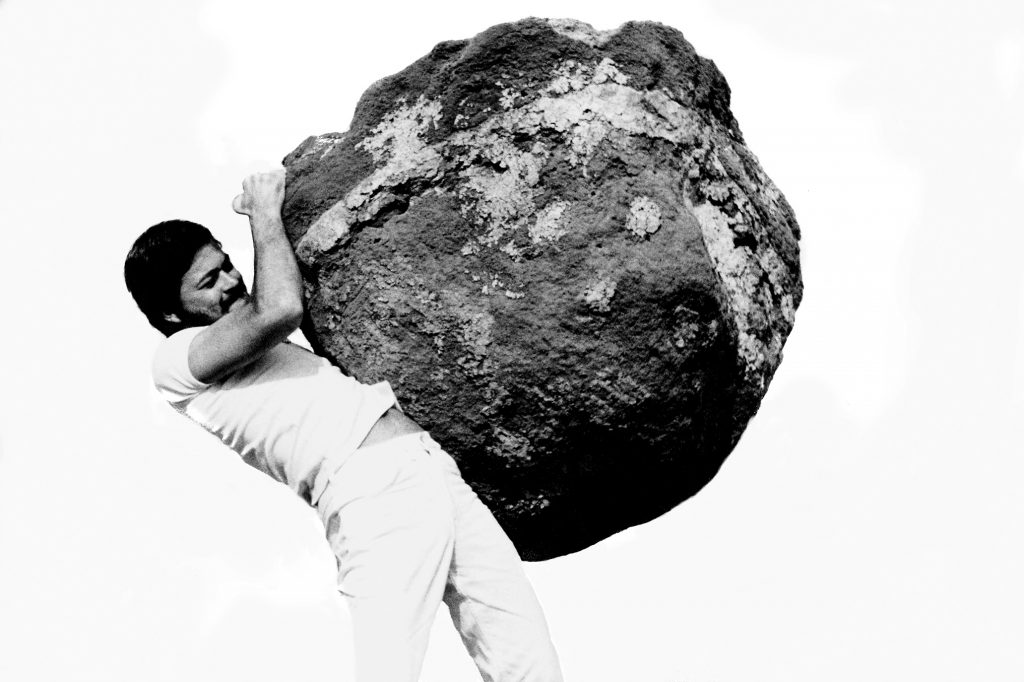A series of Brazilian films, showing at the Tate Modern, London from 9-12 November, explores the role of cinema in the Brazilian Tropicália cultural movement, and will bring together a range of key filmmakers and scholars in the field.

The films, curated by Dr Stefan Solomon from the Department of Film, Theatre and Television, University of Reading, will be shown over four days at the Tate Modern’s Starr Cinema as part of Tate Film’s ‘Counter-Histories’ series.
Tropicália is used to describe the explosion of cultural creativity in Rio de Janerio and São Paulo in the late 1960s as Brazil’s military regime tightened its grip on power.
Stefan’s series, entitled ‘Tropicália and Beyond: Dialogues in Brazilian Film History’, includes five feature films and 14 short films. A variety of international guests, including filmmakers such as Ana Vaz and Carlos Adriano, actors Antônio Pitanga and Camila Pitanga, and scholars Robert Stam and Ismail Xavier, will introduce the films, and will join audiences in conversation after the screenings, participating in interviews and Q&A sessions.
Totally Tropicália
The programme stems from Stefan’s research into the relationship between the Tropicália cultural movement and cinema and forms part of a larger study, led by Professor Lucia Nagib1 that explores intermediality as a historiographic method for the study of film.
While Tropicália is most commonly associated with the music and visual arts of the late-1960s, this series emphasises its importance for filmmakers from that period, as well as those of the following generation.
‘By establishing connections between different modes of film practice and aesthetics, ‘Tropicália and Beyond’ invites viewers to revisit an intense period of cultural production in Brazil, and to consider its relevance for artists working today.’ explains Stefan.
From curation to collaboration
Stefan’s film series coincides with the Tate’s exhibition of the installation work Tropicália by the neo-concrete artist Hélio Oiticica, which gave the movement its name. The work, created in 1966, are currently on display on Level 3 of the Tate Modern’s Blavatnik Building and includes a winding gravel path flanked by tropical plants and slogans written by the artist on wooden boards.
Through collaborative discussions with the Tate Modern’s curators, Stefan’s work has meant that the installation – usually cordoned off – will be fully accessible to visitors during the film series, allowing visitors to wander through the installation, thereby creating an immersive experience, as the artist intended.
Dr Solomon has also edited a comprehensive catalogue to accompany the film series: Tropicália and Beyond: Dialogues in Brazilian Film History (Archive Books, 2017). The catalogue features a wide array of essays, interviews, and manifestos from some of the most important names in Brazilian filmmaking and scholarship also includes an in-depth introduction, written by Stefan.
- ‘Towards an Intermedial History of Brazilian Cinema: Exploring Intermediality as a Historiographic Method’ (IntermIdia). This project is funded by the Arts and Humanities Research Council (AHRC) and the São Paulo Research Foundation (FAPESP).
Tickets for individual events and weekend tickets are available to purchase from the Tate Modern.
